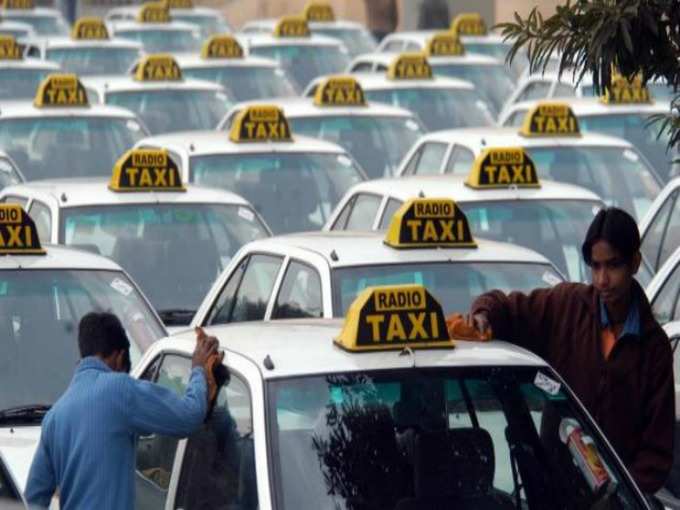 Amid widespread protests against Uber, the taxi aggregator has decided to speak with drivers on the individual level and not pay heed to associations.
Amid widespread protests against Uber, the taxi aggregator has decided to speak with drivers on the individual level and not pay heed to associations.President of Uber South Asia and India Amit Jain told ET that the company's top brass is personally talking to drivers to resolve their issues but it will not engage with the driver associations.
“The company is moving from a phase of being a startup in India to that of a sustainable business,” Jain told ET.
Drivers in Delhi and Bengaluru have been agitating, demanding Uber to increase fares to Rs 12-15 per kilometre and provide benefits such as insurance for all drivers on the platform. In the past one month, Uber has increased prices 10% across cities, rolling back in the process some of the incentives it offered the drivers.
"If the cars on the roads have increased, so has the demand. But we can do a better job of communicating to the drivers about the gains from the increase in demand, efficiencies being driven, and the various incentives and programmes that are being run by Uber for them,” said Jain.
According to Uber’s estimates, 80% of the people who drive more than six hours on Uber's platform make Rs 1,500-2,500 a day. This is a combination of organic revenue - what the rider pays - and the incentives given by Uber, which are driven by various factors and vary from time to time.
The China experience is perhaps driving early conversations around profitability in India, where Uber is locked in an intense battle with SoftBank-backed Ola.